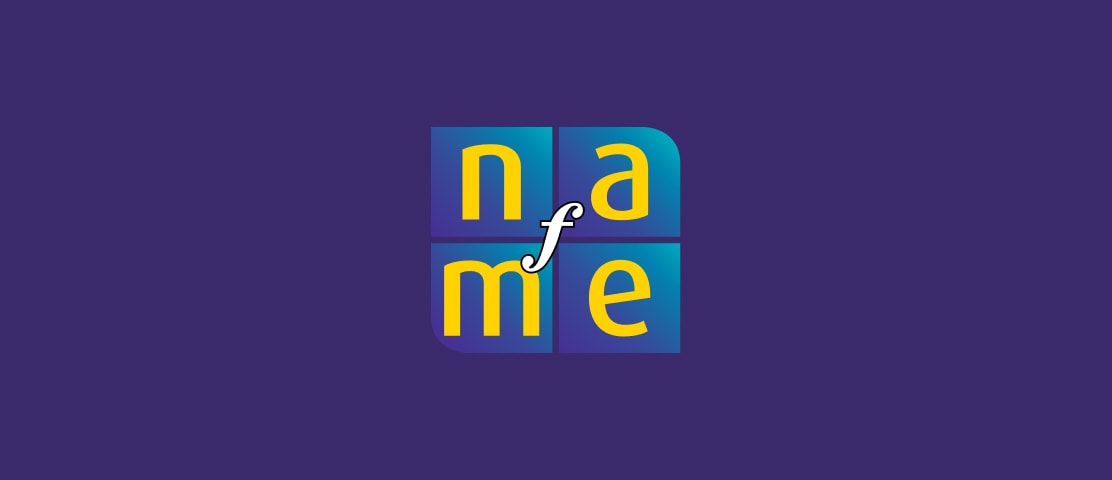/ Publications & Resources / Resource Library / Early Childhood Music Education
Early Childhood Music Education
A position statement of the National Association for Music Education
Issue:
Aural music learning begins for a typically-developing fetus at approximately 5 months gestation. From before birth throughout early childhood (i.e., through 8 years old), all children are primed for diverse forms of music engagement and music learning. That reality is not always reflected in current policies and practices, many of which reveal flawed assumptions that children are too young to make music or engage in, need, or benefit from music learning within an early childhood care or education setting; or that time spent on young children’s music learning would be better used preparing them for, or engaging them in, other academic disciplines. Additional flawed assumptions are that only a small number of persons possess musical ability, or that ability is determined either by parents’ level of music achievement or being born into a ‘musical’ family, or that disabilities (e.g., hearing impairments, intellectual disabilities, physical challenges) interfere with possibilities for music learning.
Decades of research refuting such flawed assumptions includes studies from fields such as music education, anthropology, ethnomusicology, psychology, sociology, biology/physiology, childhood studies, and music therapy. The research supports that diverse forms of music learning and engagement begin for all children before birth. Thus, music education should be considered intrinsic to infancy and childhood and worthy of time invested.
NAfME Position:
As the National Association for Music Education, we believe all young children have the capacities for music learning. Thus, each has the right to a musical childhood that includes play-based, developmentally appropriate musical engagement that is responsive to gender, ability, and culture, and provided, guided, or supplemented by a professional early childhood music educator.
Rationale:
Children use music and music ideas in both observable and unobservable ways–in their routines, play, and relationships–that contribute positively to their aesthetic, expressive, emotional, intellectual, social, physical, spiritual, and creative development. Interacting with adults who notice, affirm, scaffold, and extend children’s musicking can foster young children’s learning about themselves and others, as well as their overall development. By offering intentionally responsive, play-based, developmentally appropriate music engagement opportunities, adults honor young children’s agency for music making. Such opportunities must be integral in education settings serving young children, including homes, home-based or center-based care and intervention programs, preschools, pre-kindergartens, and elementary schools.
Summary:
NAfME supports all young children having access to a wide variety of play-based music experiences, both unstructured and structured, incorporated into various types of learning opportunities such as one-on-one, choice time, integration with other areas of the curriculum, group music-making, and music listening. To offer the most powerful route to sustained music engagement, parents, caregivers, and teachers should notice, invite, and model joyful and creative musicking. Young children should enjoy consistent and abundant opportunities for music engagement with adults and other children who seek to develop diverse forms of music expression, which include singing, rhythmically chanting, moving, creating, improvising, making and manipulating a variety of sounds and materials, and talking about their music interests, preferences, and ideas with others. Early childhood music educators best support young children’s music engagement by sustaining expertise in their practice and research, creating and selecting optimal resources, and building partnerships with parents, childcare centers, and early learning organizations.
Advocacy Steps:
The national and state leadership of NAfME advances early childhood music education by
- championing high quality initial preparation for all music educators that includes early childhood music content and fieldwork in teacher certification programs;
- providing early childhood music professional development for music educators, early childhood teachers, and care providers;
- educating policymakers about the vital role of music in all young children’s learning environments;
- lobbying at federal and state levels for inclusion of, and funding for, appropriate early childhood music education in all young children’s care and education settings;
- creating partnerships with organizations focused on early childhood and early childhood music education;
- supporting new research pertaining to music in early childhood; and
- collaborating with researchers, policymakers, parents, and educators to apply early childhood music research to policy and practice.
NAfME members advance early childhood music education by
- recognizing that all children come to musical opportunities in early care and education environments with music capacities, ideas, preferences, and interests;
- sustaining and fulfilling young children’s rights to a musical childhood;
- applying early childhood music research to policy and practice;
- securing high quality, developmentally appropriate, and culturally responsive musical experiences for young children in care and education settings;
- insisting on qualified early childhood music educators for young children and supporting music-specific education for early childhood practitioners;
- staying informed about policies that affect early childhood music programs, and sharing that knowledge with colleagues, parents, community members, and other stakeholders;
- encouraging professional associations to advocate on behalf of appropriate early childhood music education; and seizing every opportunity to honor young children’s music capacities and engage musically with them.
For bibliographic references in support of this statement, please click here.
Category
- Music Education Profession
Resource Type
- Position Statement
Teaching Level
- Elementary
- Pre-School
Year Added
2018




